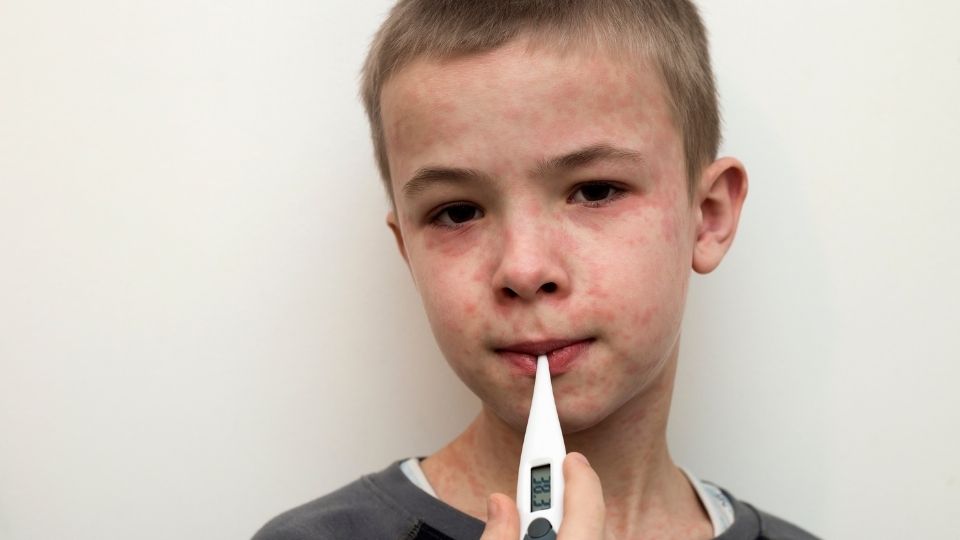Pediatric infectious diseases refer to diseases that affect the immune system of children and are usually caused by viruses, bacteria, fungi or parasites. These diseases can significantly affect children's health and lead to serious complications. Therefore, it is vital to be aware of childhood infectious diseases and take appropriate precautions.
Types and Symptoms of Pediatric Infectious Diseases
Infectious diseases seen in children can be of various types. These include diseases such as flu, colds, measles, mumps, chickenpox, rotavirus, streptococcal infections, ear infections, urinary tract infections and meningitis. Symptoms vary depending on the type and severity of infection, but common symptoms include fever, cough, runny nose, sore throat, fatigue, diarrhea, vomiting, rash, earache, and headache.
Diagnosis and Treatment of Pediatric Infectious Diseases
Diagnosis of pediatric infectious diseases is usually made using physical examination, evaluation based on the patient's symptoms, and laboratory tests when necessary. Treatment usually includes symptomatic support, that is, reducing fever, increasing fluid intake, and providing rest. In some cases, antibiotics or antiviral medications may be used. However, because children's immune systems are strong and their bodies have the capacity to cope with infections, most infectious diseases are mild and can be treated at home.
The Importance of Vaccines and Protective Measures
Most childhood infectious diseases can be prevented through vaccination. Routine vaccination schedules help children build immunity against infections and prevent the spread of serious diseases. In addition, hygienic measures (hand washing, hygienic nutrition, limiting contact with sick people) and environmental measures (hygiene at home, cleaning in public areas) help prevent the spread of infectious diseases.
Family Support and Awareness Raising
Pediatric infectious diseases can have a significant impact on both children and families. Therefore, it is important to be aware of childhood infectious diseases and take appropriate precautions. It is also important to monitor your children's symptoms, seek timely medical attention, and seek advice from healthcare professionals.
Future and Advances
Medical research and vaccine development are constantly advancing the prevention and treatment of childhood infectious diseases. New vaccines, more effective treatment methods and public health measures play an important role in protecting children's health and preventing the spread of infectious diseases.




